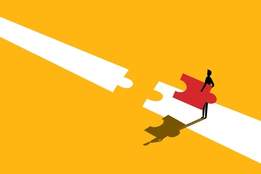plural police
often attributive
1
a
: the department of government concerned primarily with maintenance of public order, safety, and health and enforcement of laws and possessing executive, judicial, and legislative powers
b
: the department of government charged with prevention, detection, and prosecution of public nuisances and crimes
2
a
b
plural
: police officers
3
a
: a private organization resembling a police force
campus police
b
plural
: the members of a private police organization
4
: one attempting to regulate or censor a specified field or activity
the fashion police
5
a
: the internal organization or regulation of a political unit through exercise of governmental powers especially with respect to general comfort, health, morals, safety, or prosperity
b
: control and regulation of affairs affecting the general order and welfare of any unit or area
c
: the system of laws for effecting such control
6
a
: the action or process of cleaning and putting in order
The gun commander is responsible for the police of his gun position.
b
: military personnel detailed to perform this function
policed; policing
1
: to control, regulate, or keep in order by use of police
a city policing its streets
2
: to perform the functions of a police force in or over
The coast is policed by the military.
3
a
: to supervise the operation, execution, or administration of to prevent or detect and prosecute violations of rules and regulations
an agency that polices the development of nuclear facilities
b
: to exercise such supervision over the policies and activities of
policing government contractors
4
: to make clean and put in order
5
archaic
: govern
Love words? Need even more definitions?
Merriam-Webster unabridged










